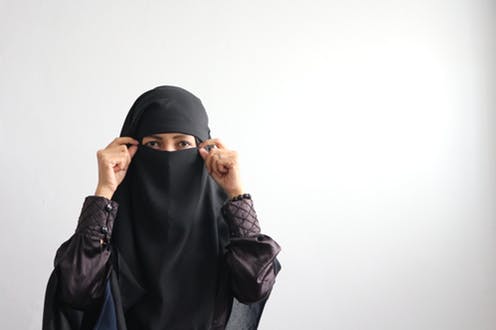Liberals often postulate that if only other people were as logical and as ‘science-minded’ as they are, then the world will automatically be a better place to live in. But they are often perplexed by the fact that even with all the great advancements in science and technology, religion is just as dominant as it was in the days of yore. All of this, of course, isn’t surprising at all. As renowned social psychologist Jonathan Haidt pointed out, humans reach moral conclusions intuitively and use logic and rationality to justify those beliefs. And the reaction of Islamists and liberals to the Wuhan Coronavirus is quite the perfect demonstration of it.
Another aspect of human behaviour is that people have a set of beliefs which we can call the ‘mental set’, when they encounter novel situations, they use logic and rational behaviour to approach to situation based on the ‘mental set’ that they have already developed over the years. Religious beliefs, as important as they are, are significant aspects of the ‘mental set’ and hence, affect a person’s assessment of novel situations greatly. All of this has been perfectly illustrated by the manner in which some Muslims and apologists of Islam have approached the Wuhan Coronavirus.
Unfortunately, our mental set can sometimes make us behave and speak in ways that are completely delusional. The Print, recently, reproduced an article originally published elsewhere where it was claimed that “We are all Niqabis now”. The author, who happens to be a lecturer on Islamic Politics at the University of Toronto, claims that the Wuhan Coronavirus crisis.has revealed the hypocrisy of the bans on the Niqab in Canada and France. The two, of course, have nothing to do with each other but when one’s ‘mental set’ is predisposed towards engaging in apologia over the vilest of Islamist traditions, every tragedy is an opportunity to advocate even more delusional defence of Islamism.- article continues after ad — article resumes –
The author, Katherine Bullock, argues, “Is a face mask used to help block coronavirus really that different from a niqab? Both are garments worn for a specific purpose, in a specific place and for a specific time only. It is not worn 24/7. Once the purpose is over, the mask and niqab come off. The calling of the sacred motivates some to wear the niqab. A highly infectious disease propels many to wear face masks.” She concludes her apologia of the Islamist tradition, which does not pay any attention to the brutal oppression associated with the garment, with the words, “If we all start wearing masks does it mean we have succumbed to a form of oppression? Are we submissive? Does it mean we cannot communicate with each other? If we are in Québec, will we be denied employment at a daycare? Refused a government service? Not allowed on the bus?”
The Niqab, of course, has absolutely nothing to do with face masks. Drawing a similarity between the two is like comparing Sattvik food with cannibalism. Yes, both are technically food but only someone delusional will make a defence of Cannibalism by drawing a similarity with Sattvik food. Of course, the author’s mental set makes her predisposed towards finding validation for Islamist traditions in a global pandemic. Anyone with half a working brain realises this but the influence of our mental set is often so strong that it often makes us abandon all semblance of sanity. The lecturer on Islamic politics is not the only person whose mental set has made her behave and speak in completely delusional ways. It has been most prevalent, unfortunately again, among the Muslim population.
Source (Content and Image)- OpIndia

